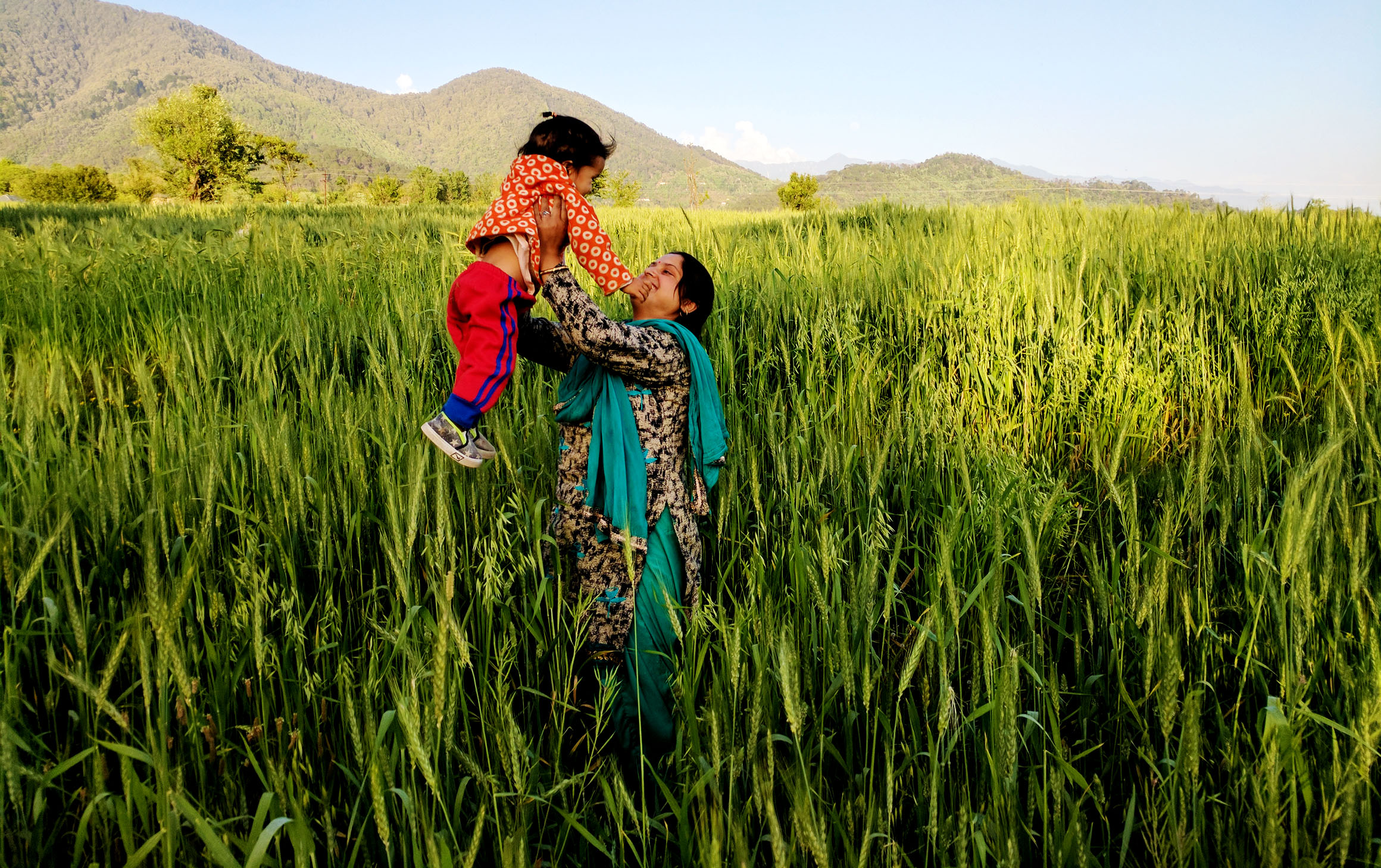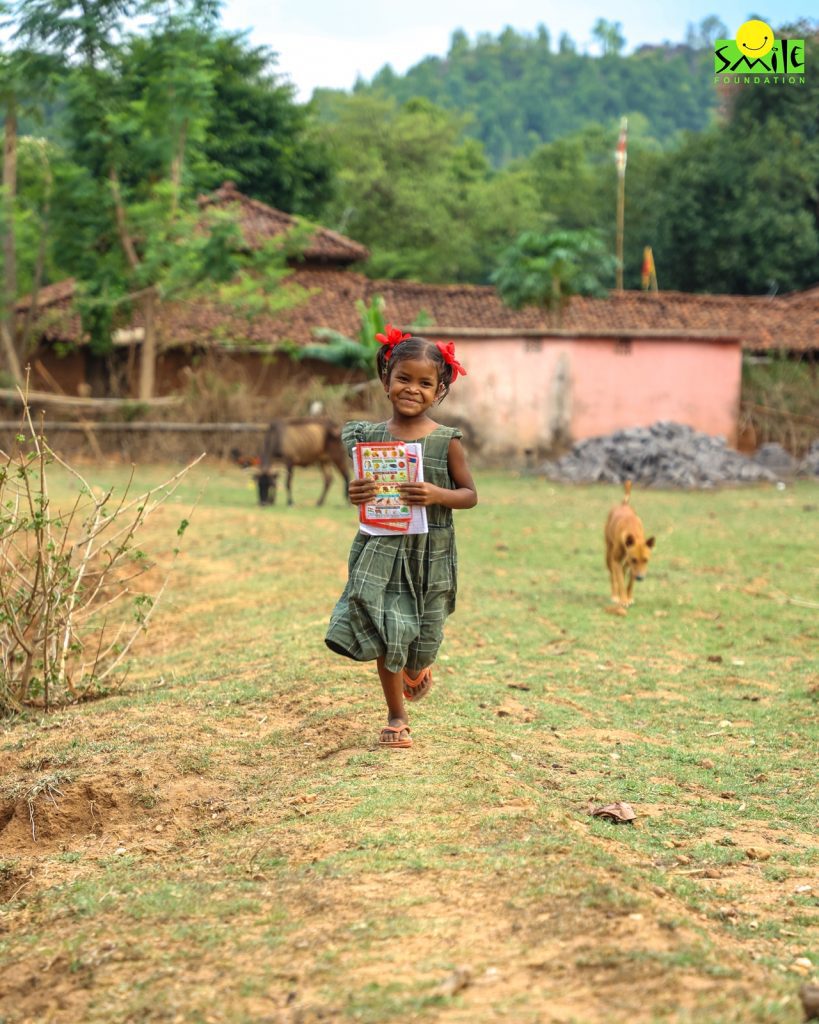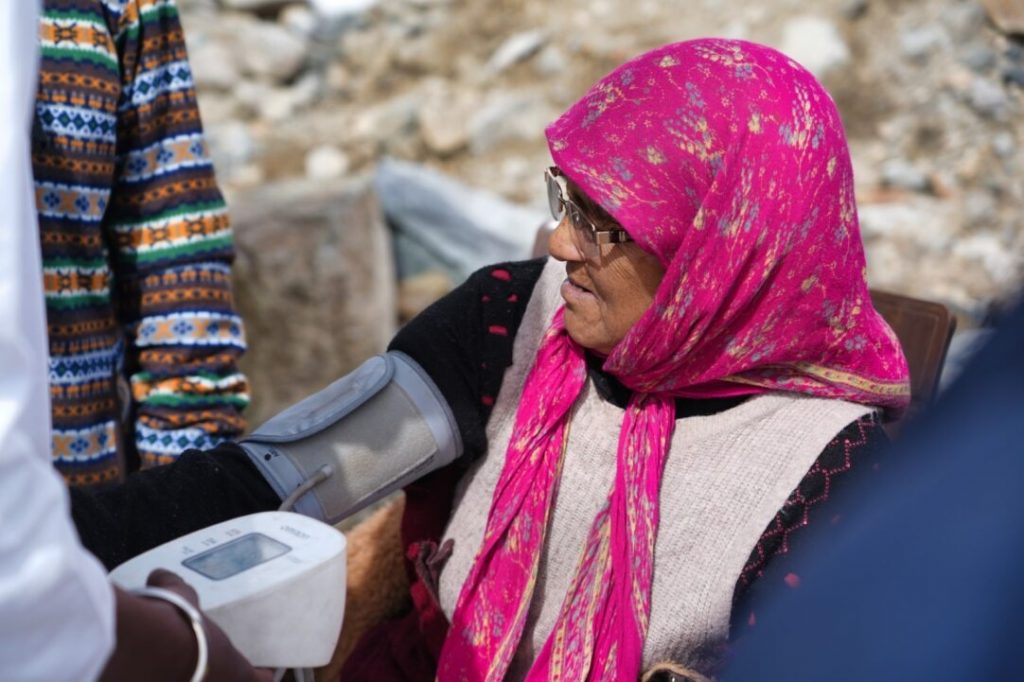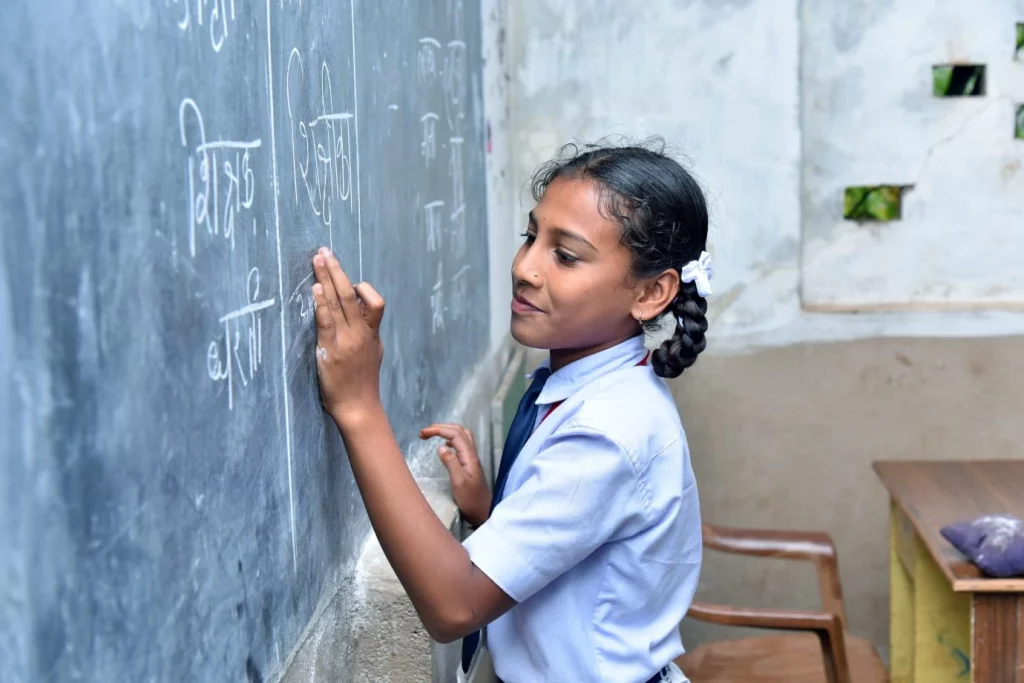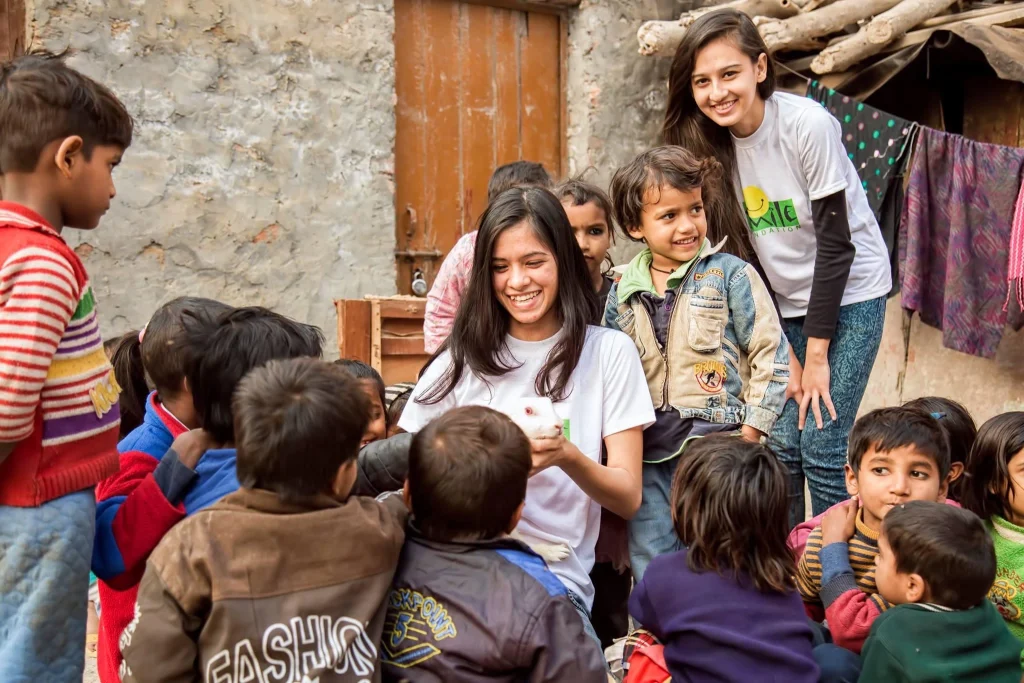It is really upsetting to watch kids who have been abandoned, left to fend for themselves on the streets, subjected to abuse, and denied access to even the most basic schooling. They experience many sorts of violence. In addition, they lack even access to basic medical services. Every day, they endure brutal and terrible treatment. They are innocent, young, and lovely youngsters who are being denied their rights. Let’s learn about some important rights of children in India.
The rights of children have been ratified the most often in the history of human rights. Child rights go beyond basic human rights, which ensure that everyone is treated fairly and decently and support their wellbeing. A child, defined as anybody under the age of 18, has special requirements that go beyond basic human rights because of their vulnerability.
Rights of Children In India: A Short Overview
Child rights are described as the “minimum entitlements and freedoms that should be afforded to every citizen below the age of 18 regardless of race, national origin, color, gender, language, religion, opinions, origin, wealth, birth status, disability, or other characteristics” by the United Nations Convention on the Rights of the Child (UNCRC). These privileges comprise children’s freedom and civil rights, a supportive family environment, basic healthcare and social services, educational, recreational, and cultural opportunities, as well as extra security measures.
The laws that govern our nation and the international legal instruments that we have ratified guarantee a number of norms and rights. The Indian Constitution grants certain rights, particularly for children. Children also enjoy a number of other basic rights as equal citizens of India, just like any adult male or female. No matter what limitations there may be, everyone is entitled to these rights.
Major Rights of Children In India are:
Right to Equality
Every citizen in India is equal before the law and is given equal protection under the law, according to Article 14 of the Indian Constitution. As a result, since Indian children are also citizens of this country, this right also applies to them.
Right against Discrimination
The Constitution forbids discrimination on the basis of race, caste, and other factors under Article 15. No citizen may be subjected to discrimination on the basis of his or her race, religion, caste, sex, or place of birth, according to Article 15(1). The State should not be barred from adopting any specific measures for women and children, according to Article 15(3).
Right to Life
Each and every person has the right to life, liberty, and security, as stated in Article 21 of the Indian Constitution. Additionally, it stipulates that no one may be deprived of their life or personal freedom until doing so in accordance with a legal process. In a similar vein, every kid in India is entitled to personal freedom and due process.
Right to Health
Every kid has the right to have a healthy life under Article 21 of the Indian Constitution, although tangentially. The protection of life includes, among other things, issues like HIV infections, a lack of clean water to drink, proper sanitation, and starvation.
Right to Express Oneself Freely
Every Indian citizen now enjoys the right to freedom of speech and expression under Article 19(1)(a). Everyone has access to this privilege, including Indian children. Children are allowed to express themselves freely as long as they don’t hurt others with their ideas or expertise.
Right to Education
Every child in the age range of 6 to 14 has the right to free and compulsory primary education under Article 21A of the Indian Constitution. The State should endeavor to provide early childhood care and education for all children under the age of six, according to Article 45.
Right to Protection against being subjected to Trafficking and Forced Labor
Every individual (including children) has the right to protection from human trafficking, begging, and other similar types of forced labor, according to Article 23 of the Indian Constitution.
Right to be protected from Dangerous Jobs
Every child under the age of 14 has the right to be safeguarded from employment in mines, factories, or other risky employment situations under Article 24 of the Indian Constitution.
Right to protection from Abuse
According to Article 39(e) of the Indian Constitution, employees’ health, strength, and young age are not infringed, and there is a right to protection from abuse and from being coerced into small jobs or avocations against their will because of economic need.
Rights against exploitation of any kind, including Social Injustice
The rights of the weaker members of society are covered in Article 46 of the Constitution, which also states that they must be protected against social injustice and all other types of exploitation.
Right to Identity
The right to identify is a crucial component of children’s rights. In India, just 41% of births are recorded. A fundamental human right that grants someone the freedom to exercise all of their other rights is having an identity. An individual’s family name, last name, date of birth, gender, and country make up their identity. An individual will have rights and duties according to their status if they are able to identify such identities (woman, man, child, etc.).
Types of child abuse offences
Amazing things are something that people are capable of doing. We have repeatedly abandoned thousands of children despite having changed the definition of what is feasible a hundred thousand times. This decline in human capacity has been accepted as “normal” by society. Millions of children’s fundamental rights are denied to them or infringed, including the right to an education, protection from exploitation, and freedom from child labor.
Now that we are aware of rights of children in India, it is time to learn about the several ways that children might have their rights violated. The following are only a few of the numerous crimes against children that violate their rights:
Child Marriage
Children’s fundamental rights are violated by child marriage. Children who are victims of this crime frequently have to quit school, violating their fundamental right to an education guaranteed by Article 21 and Article 45 of the Constitution.
Additionally, they experience assault (sexual, physical, and mental), which violates their right to personal liberty guaranteed by Article 21 of the Indian Constitution. Child marriage exposes young people to situations for which their bodies and minds are not yet developed, such as parenthood.
In India, there are almost 24 million child brides.
Child Labor
The full day is frequently spent by children under the age of fourteen sewing shoes and footballs, rolling cigarettes and incense sticks, making handicrafts, packaging, and labelling various products. Youngster labor is frequently a result of poor parental income or the unemployment of the family’s adults, which forces the child to care for or contribute to household needs.
The following are the main causes of child labor:
Food insecurity, extreme poverty, societal issues, and economic difficulties are a few examples.
The other elements include:
Lack of knowledge of the negative impacts of child labor, inability to obtain basic, relevant education and training.
Using Children for Begging
Indian children still endure some of the worst conditions and punishments to this day, one of which is coercing or forcing them to beg. Article 21 of the Constitution (right to personal liberty) and Section 76 of the Juvenile Justice Act both make it illegal to employ or utilize a kid for begging.
The Mistreatment of a Child Worker
A youngster may be purportedly employed, kept in servitude, refused his portion of the money, or even have his earrings used for the employer’s benefit. Article 39(e) and Article 46 of the Constitution both forbid this behavior, and Section 79 of the Juvenile Justice Act penalizes it.
Smile Foundation and Children
The Smile Foundation has been actively involved in spreading awareness about rights of children in India. We are very serious about rights of children in India and are actively involved in putting every child of lower-income families back into schools for a better future.

